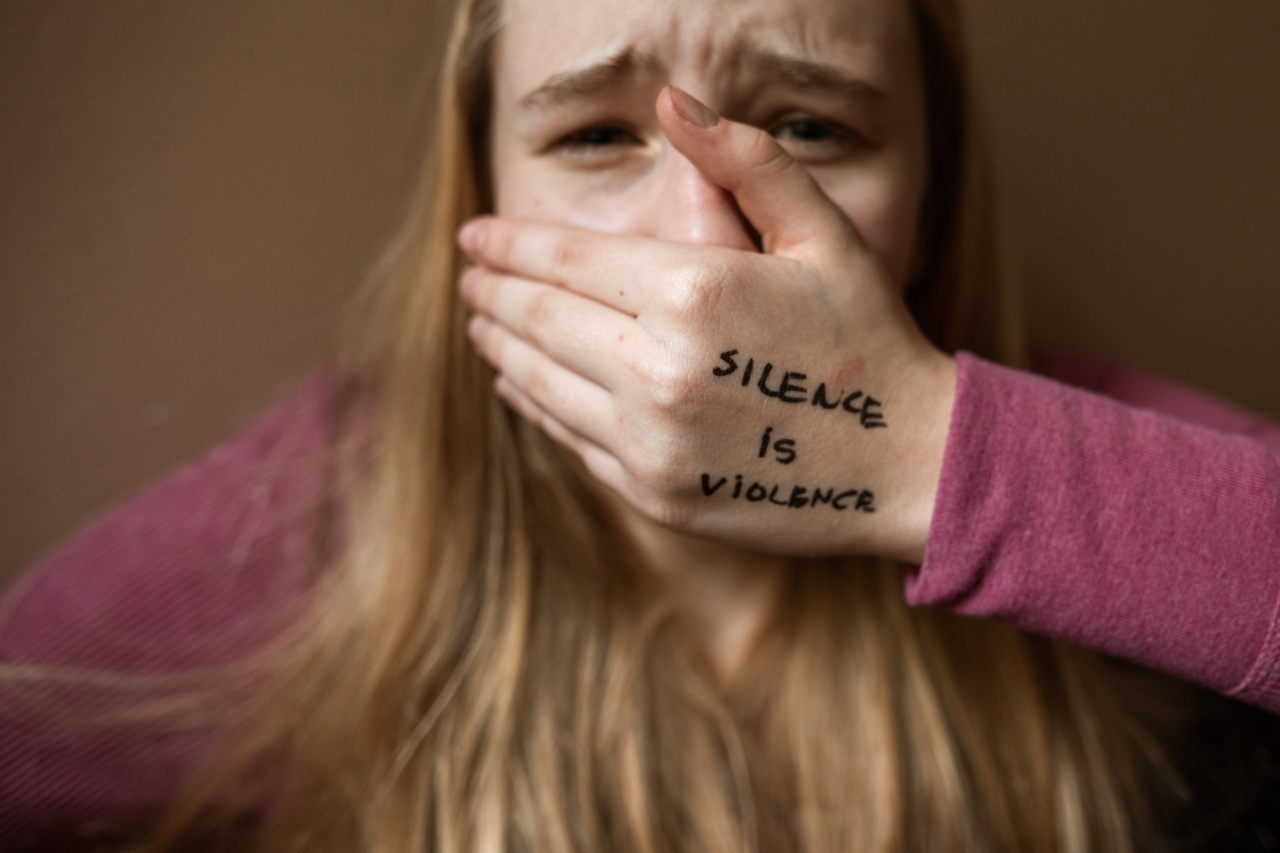Experiencing trauma can be a difficult and painful process. It can leave a profound impact on a person’s emotional and mental health, as well as their physical wellbeing.
The effects of trauma can be long-lasting, and sometimes it can feel like there is no way to heal the wounds that it has left behind. However, the good news is that healing is possible, and there are steps that individuals can take to begin the journey towards emotional recovery.
Understanding the Impact of Trauma
The first step in the healing process is to understand how trauma has affected you.
Trauma can be defined as any event that threatens an individual’s feeling of safety or security, and it can include experiences such as physical or emotional abuse, sexual assault, natural disasters, or the sudden loss of a loved one. Trauma can alter the way that the brain and body respond to stress, leading to the development of psychological and physical symptoms.
Some common symptoms of trauma include:.
- Flashbacks and intrusive thoughts
- Difficulty sleeping or nightmares
- Hypervigilance and a heightened sense of danger
- Feelings of detachment or numbness
- Difficulty concentrating
- Anxiety, depression, or other mental health conditions
It’s important to recognize that trauma affects everyone differently, and there is no right or wrong way to feel or react.
However, it’s also important to acknowledge that the impact of trauma can be significant, and that seeking help and support is an essential part of the healing process.
Seeking Support
One of the most important steps in the healing process is to seek support from others. Trauma can leave individuals feeling isolated, alone, and helpless, but connecting with others who understand can help to break down these barriers.
There are many different types of support available, including:.
- Therapy: Working with a therapist who specializes in trauma can be an effective way to process your emotions, identify triggers, and learn coping skills. There are many different types of therapy available, including cognitive-behavioral therapy, which focuses on changing negative thought patterns, and exposure therapy, which helps individuals face their fears in a safe and controlled environment.
- Support groups: Joining a support group can be a powerful way to connect with others who have experienced similar events and share your experiences. Support groups can be run by mental health professionals or by individuals who have experienced trauma themselves.
- Family and friends: Talking to loved ones can be a valuable source of support, as long as they are available and willing to listen.
- Self-help resources: There are many books, websites, and apps available that provide information and support for people who have experienced trauma.
It’s important to remember that healing takes time, and there is no “right” way to heal.
What works for one person may not work for another, and it’s important to be patient and kind to yourself as you navigate the healing process.
Practicing Self-Care
Self-care is an essential part of the healing process, and it can help to reduce the symptoms of trauma and improve overall wellbeing. Some self-care practices that may be helpful include:.
- Physical exercise: Exercise can help to reduce stress, improve sleep, and boost mood. Even a simple walk around the block can be beneficial.
- Healthy eating: Eating a nutritious and balanced diet can help to support physical and mental wellbeing.
- Meditation and mindfulness: These practices can help to reduce anxiety and promote relaxation.
- Getting enough sleep: Getting adequate rest is essential for mental and physical health. If you are having difficulty sleeping, talking to a healthcare professional or therapist may be helpful.
- Engaging in relaxing activities: Whether it’s reading a book, taking a bath, or watching a movie, finding activities that bring you happiness and peace can be a valuable way to reduce stress and promote healing.
It’s important to remember that self-care is not selfish or indulgent; it’s a necessary part of the healing process. Taking care of yourself can help to reduce the symptoms of trauma and improve overall wellbeing.
Building Resilience
Building resilience is another important component of the healing process. Resilience is the ability to adapt to difficult situations and bounce back after adversity. Some ways to build resilience include:.
- Developing a support system: Surrounding yourself with positive and supportive people can help to provide a sense of belonging and connection.
- Identifying and cultivating positive coping skills: Finding healthy and effective ways to manage stress can help to build resilience.
- Setting goals: Setting and achieving small goals can help to boost self-esteem and provide a sense of accomplishment.
- Fostering a positive mindset: Focusing on positive thoughts and feelings can help to reduce anxiety and promote a sense of wellbeing.
- Learning from experiences: Reflection and learning from past experiences can help to build resilience and develop coping skills for future challenges.
Building resilience takes time and effort, but it can be a valuable tool for recovery and growth after trauma.
Conclusion
Healing after trauma can be a difficult and complex process, but it’s important to remember that recovery is possible. Seeking support, practicing self-care, and building resilience are all essential components of the healing journey.
By taking small steps each day to care for yourself and connect with others, you can begin to find your way towards emotional healing and wellbeing.






























